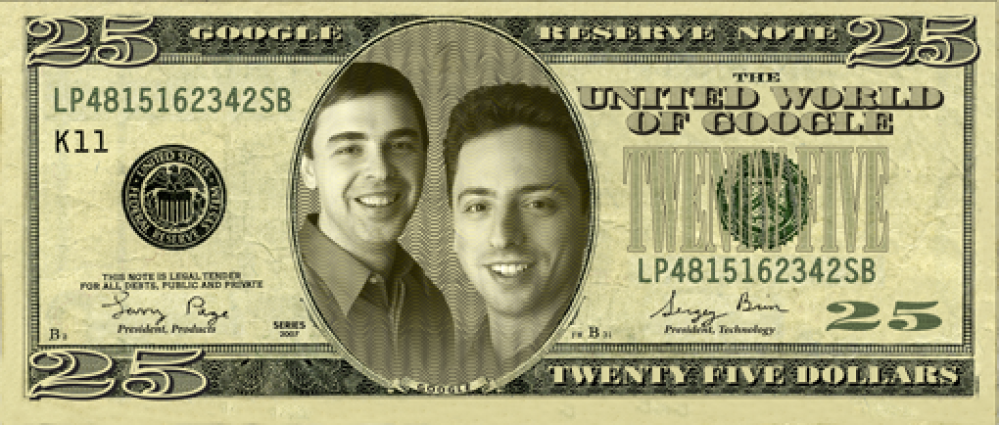In Google We Trust? Worlds collide at the London Mobile Convention
16 Apr 2015

I was fortunate to attend the recent Mobile Convention as guest of the DMA, where a variety of exhibited their products in the hot fields of wearables, Apps and Augmented Reality.
Unsurprisingly, there was a lot of representation by purveyors of tracking, targeting and mobile beacon technologies. These enable brands and e-retailers to deliver prospects further down the sales funnel, or to manufacture serendipitous events and offers based on location.
What struck me was how some of the speakers appeared to represent two world views, apparently juxtaposed.
The first view point was espoused in an entertaining and accessible way by the German-based academic Kimo Quaintance. He spoke about trust, and how digital increasingly mediates our social and professional lives. From anthropological studies, he concludes trust is future-oriented, and we negotiate many individual ‘trust points’ each and every day.
Of course, in our modern capitalist economy, value is created when the need for trust is minimised, even eliminated. Because then, you can really scale. A lot of us don’t ‘trust’ Uber, but it’s easier relying on a single trust point than relying on a chain of random minicab controllers, taxi drivers and car mechanics to all do the right thing.
This leads to a situation where a huge amount of trust, data, and therefore power is consolidated in a handful of commercial organisations.
And the snap decisions we all make in the walled garden of a ‘trusted network’ can have unexpected later repercussions. Kimo illustrated this by recounting how he had given a course for pilot graduates of the German Air Force, all bright young people, destined to go far.
He asked the youngsters who amongst them had an account with Facebook, Instagram and the like. Most hands went up; when asked if they had ever posted or tagged a picture of themselves, same result. His serious response was to inform them they would NEVER have a career in intelligence. Their innocent online activity had blown their cover as a future ‘spook’.
Kimo’s concludes there is a great need for privacy, once declared ‘dead’, to make a comeback – “people need secrets”.
From the other camp was Jeremy Abbett of Google. An engaging speaker, he is a tech Evangelist, interestingly based also in Germany.
He sketched out a present and future where, to quote Marshall Mcluhan, “we shape our tools and thereafter, they shape us”. And to Google, this process is something to be welcomed as technology gets better and ‘cooler’; we can see the world as never before with drones, enjoy safe roads with self-driving cars and eventually colonise the stars.
To Google, it seems Europe and its institutions are an obstacle to this, outmoded and uncompetitive compared with the Anglo Saxon model. It is indeed true that Europe has yet to spawn a web titan or a search engine to take on Google. But the audience seemed unconvinced that Europe really are the ‘bad guys’; most of the questions were on privacy, but most of the answers were “I can’t go there”.
Today’s declaration of war by the EU explains why such an articulate guy may have been constrained in his response, but I got an emphatic answer when I asked if privacy, like the Apple Watch, is now a luxury item; “absolutely”.
The man from Google explained how Mark Zuckerberg is a very private person, and uses his wealth to preserve his privacy by buying up and demolishing neighbouring houses which overlook his California mansion. But what about the rest of us? In the final slide, we were urged to “Disrupt Yourself”, a mantra I see appearing more and more frequently – but who will disrupt Zuck and Google. Time will tell…




Please login to comment.
Comments